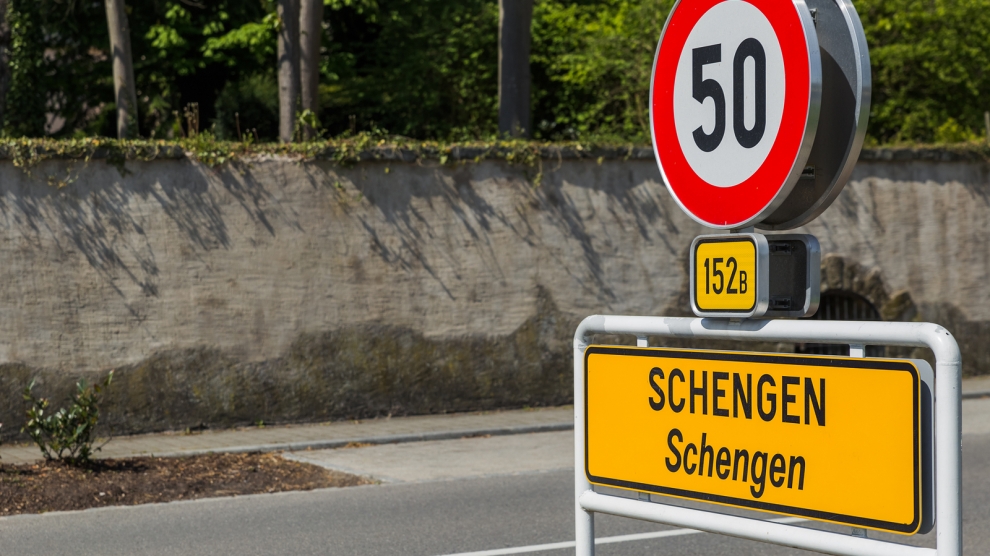Our weekly digest of articles about emerging Europe published elsewhere this week, all of which caught our eye and all of which are well worth your time. Listing them here, however, does not necessarily mean that we agree with every word, nor do they necessarily reflect Emerging Europe’s editorial policy.
—
Are we about to see a ‘mini-Schengen’ zone created in the Western Balkans?
In October, the leaders of Albania, North Macedonia, and Serbia declared that they would implement a mini-Schengen zone with free movement of goods, capital, services and people. The leaders expect all six Western Balkan countries to join soon.
—
Life in a Polish troll farm
Undercover reporter Katarzyna Pruszkiewicz spent six months this year working at Cat@Net, which describes itself as an “ePR agency comprising specialists who build a positive image of companies, private individuals and public institutions – mostly in social media.”
—
Denial and defamation: The ITN-LM libel trial revisited
Brilliantly-researched piece on how the UK’s Brexit party MEP Claire Fox and her comrades at the Revolutionary Communist Party acted as cheerleaders for Slobodan Milošević and denied genocide in Bosnia.
—
After the Wall came down
It’s been 30 years since the Berlin Wall fell, inspiring a democratic awakening throughout Central and Eastern Europe. What lessons does the Cold War’s end offer for the next generation of reformers?
—
Central and Eastern Europeans are mostly happy with progress since 1989
No empire in history has disintegrated as quickly or as bloodlessly as the Soviet one, in the remarkable year that saw the fall of the Berlin Wall in November 1989. A period of carnage in Romania the following month was the only grisly counter-example. Yugoslavia, never a part of that empire, followed a tragically different path; but for the rest of Central and Eastern Europe, though clearly imperfect, the past 30 years have been a time of marvels.
—
Yugoslavia wasn’t a Soviet ally—so why does that misconception persist in Western media?
While reporting on the ratification of the protocol for North Macedonia’s NATO accession in the US Congress on October 22, US website The Hill incorrectly asserted that Yugoslavia was an ally of the Soviet Union. This historical fallacy, frequently found in Western media, is considered an offensive stereotype by many citizens of post-Yugoslav countries.
—
Are eastern European films under-represented at Western European film festivals?
Concern that this might be the case prompted Ji.hlava Intl. Documentary Film Festival to carry out research this year to find out how many documentary films from Eastern Europe made it into Western festivals, and vice versa.
—
Why it’s not easy being a young lefty in Eastern Europe
In the former eastern bloc, leftism has been hijacked by populists. Young people are looking to reclaim it.
—
Europe waits on Romania
Ursula von der Leyen needs Bucharest to nominate a commissioner but there’s no government to do it.
—
Vampire holiday
The time is ripe for Croatia to regain its rightful place on the European horror map.

